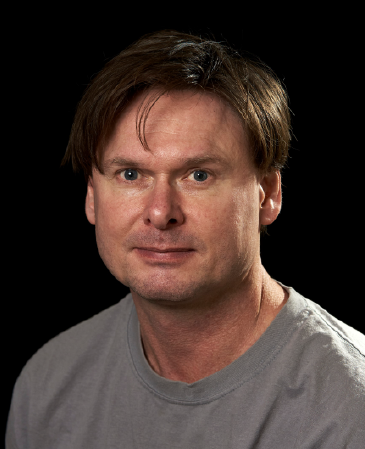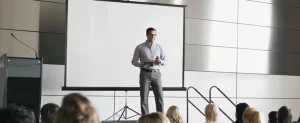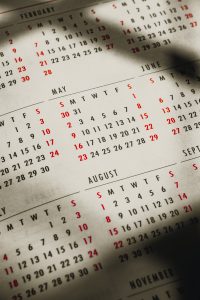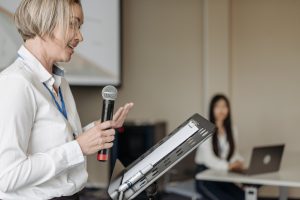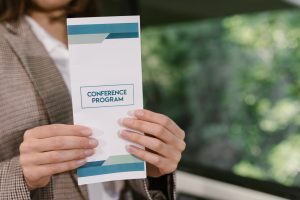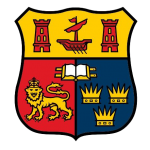
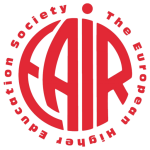
EAIR Forum Cork 2024
Track 5: Embedding and Sustaining Digitalisation
Track Chairs: Dr Sarah Thelen, Dr Göran Melin
The only true constant in Higher Education is change. From Covid to Artificial Intelligence, from the rise of blended and online learning to the return to campus-based teaching, and so on, change is always with us. And while we cannot hope to control, much less stop change, we can work to ensure that we can create sustainable and resilient systems which will not only help us to survive unexpected changes but to take advantage of new tools and potential they provide.
While digitalisation has been a feature of higher education for the last twenty years, the recent acceleration of digital technology, particularly its immense potential to transcend time and geography creates new expectations, challenges, and issues. How can digitalisation be embedded and sustained in higher education, taking account of the following perspectives:
- The digital skills of students in a higher education context – who are these students, what skills do they already have, and what skills do they need to develop?
- How can institutions support students in developing the digital skills necessary to succeed in both Higher Education and in society more broadly?
- What digital skills do staff require? How are these needs being addressed across higher education systems, at sectoral level within national systems, within institutional contexts and within local disciplinary contexts?
- How can institutions empower staff in their responses to digitalisation to embed digital fluency actively and deeply in the conceptualisation and design of curricula?
- What is the relevance and contribution of current digital frameworks and tools such as DigCompEdu, DigComp 2.0 and 2.1, and the EU SELFIE tools?
- How intuitively do Virtual Learning Environments (VLEs) enable the creation of digital content in an accessible, inclusive, integrated, and sustainable manner?
- How can the potential of analytics be realised to support student success?
- How do we differentiate between data and learning analytics?
- What are the ethics of analytics and what sort of sustainable policies and policy development processes are required to address these important questions?
- How do we proactively respond to the challenges posed by Generative Artificial Intelligence (GenAI)?
- How have approaches to assessment and academic integrity changed with the increasing sophistication of GenAI?
This track is chaired by:
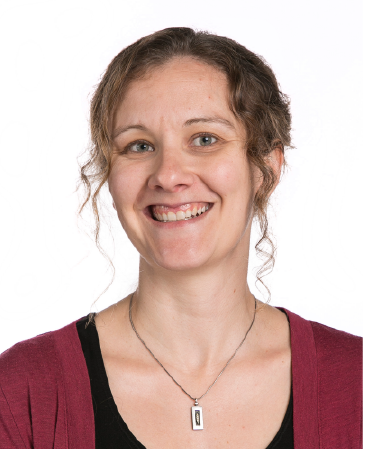
Dr Sarah Thelen
